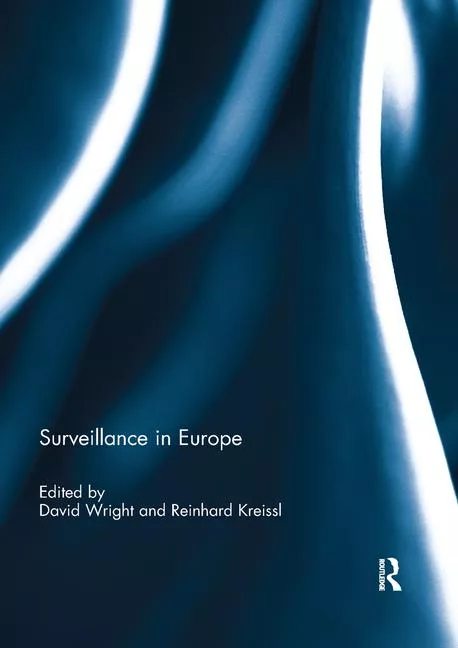CEOs, CFOs Implicated Most in Accounting Fraud
Accounting fraud usually starts at the top of the corporate ladder, but its effects filter all the way back down, says a study by the Treadway Commission.
The report, issued by Dana Hermanson, Dinos Eminent Scholar of Private Enterprise and accounting professor at Kennesaw State University's Coles College of Business, said that in 90 percent of the 347 cases of alleged fraudulent reporting it identified in public companies from 1998-2007, CEOs and CFOs were implicated in the U.S. Securities and Exchange Commission investigations.
"But that's only the beginning of the consequences," said Hermanson, co-author of the study. "The repercussions go on to affect employees, stockholders and board members." Hermanson compared companies investigated for fraud with those that were not. "We found that the companies under investigation for accounting fraud had abnormal stock declines (an average of 17 percent) within two days of the fraud announcement," he said. "Twenty-eight percent of the alleged fraud companies went bankrupt and 62 percent had to liquidate assets within two years, and 47 percent of these companies were delisted from a stock exchange, which impacted both the company's reputation and access to capital."
"There were 347 cases in 1998-2007 versus 294 cases in 1987-1997, but the dollar amount soared to nearly $400 million per case. By comparison, the mean was $25 million per case in the decade before," Hermanson said. The latest decade included the dot.com bust of 2001, and the high-profile fraud cases of Enron, Tyco International and WorldCom.
Looking for a reprint of this article?
From high-res PDFs to custom plaques, order your copy today!





